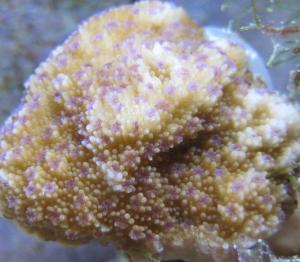Listing of Rare Hawaiian Coral Species Called into Question
Researchers at the Hawai‘i Institute of Marine Biology (HIMB), an organized research unit in the University of Hawai‘i at Mānoa’s School of Ocean and Earth Science and Technology have made a remarkable new discovery.
Coral reef ecosystems are one of the most diverse habitats on the planet, providing habitat for a wide variety of marine animals. Unfortunately, coral reefs and their associated fish, algae, and invertebrate species are in worldwide decline. In 2009, 83 rare corals were petitioned to be listed under the United States Endangered Species Act. The National Oceanic and Atmospheric Administration (NOAA) National Marine Fisheries Service is currently reviewing the status of the coral on the petition. If the listing is granted, it will afford higher protection and designate critical habitat for these corals. But are all the ‘species’ on this list really species?
A challenge to the evaluation is that coral “species” definitions are presently based on the coral skeleton, which can be so variable that it is often difficult to distinguish between groups. All 83 species on the petition can be found in the United States with 9 corals found in Hawai‘i. Identifying which of the corals on this list are endemic (unique to each region), rare, or at risk of extinction, may prove difficult because it is not clear which corals interbreed. (more…)

